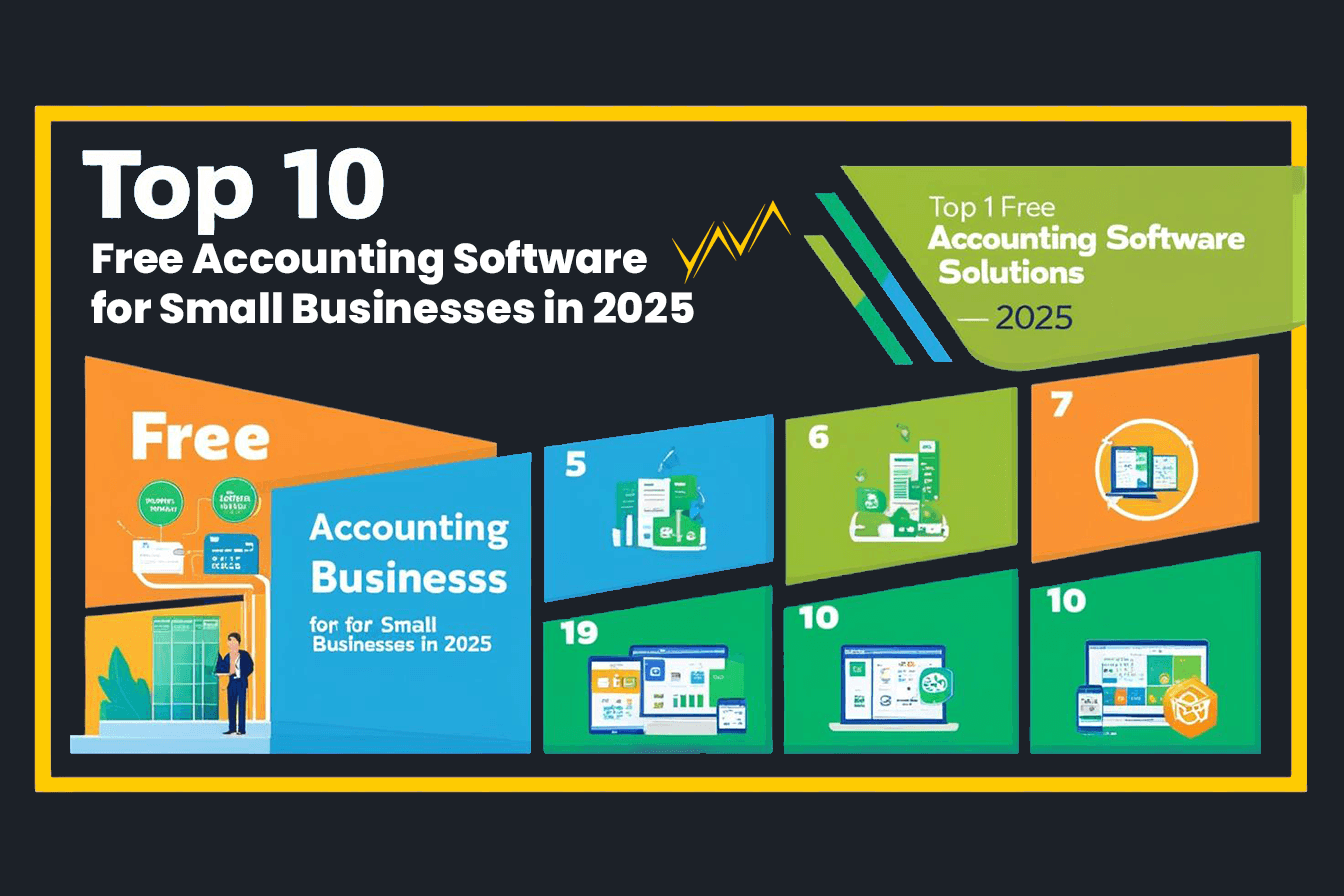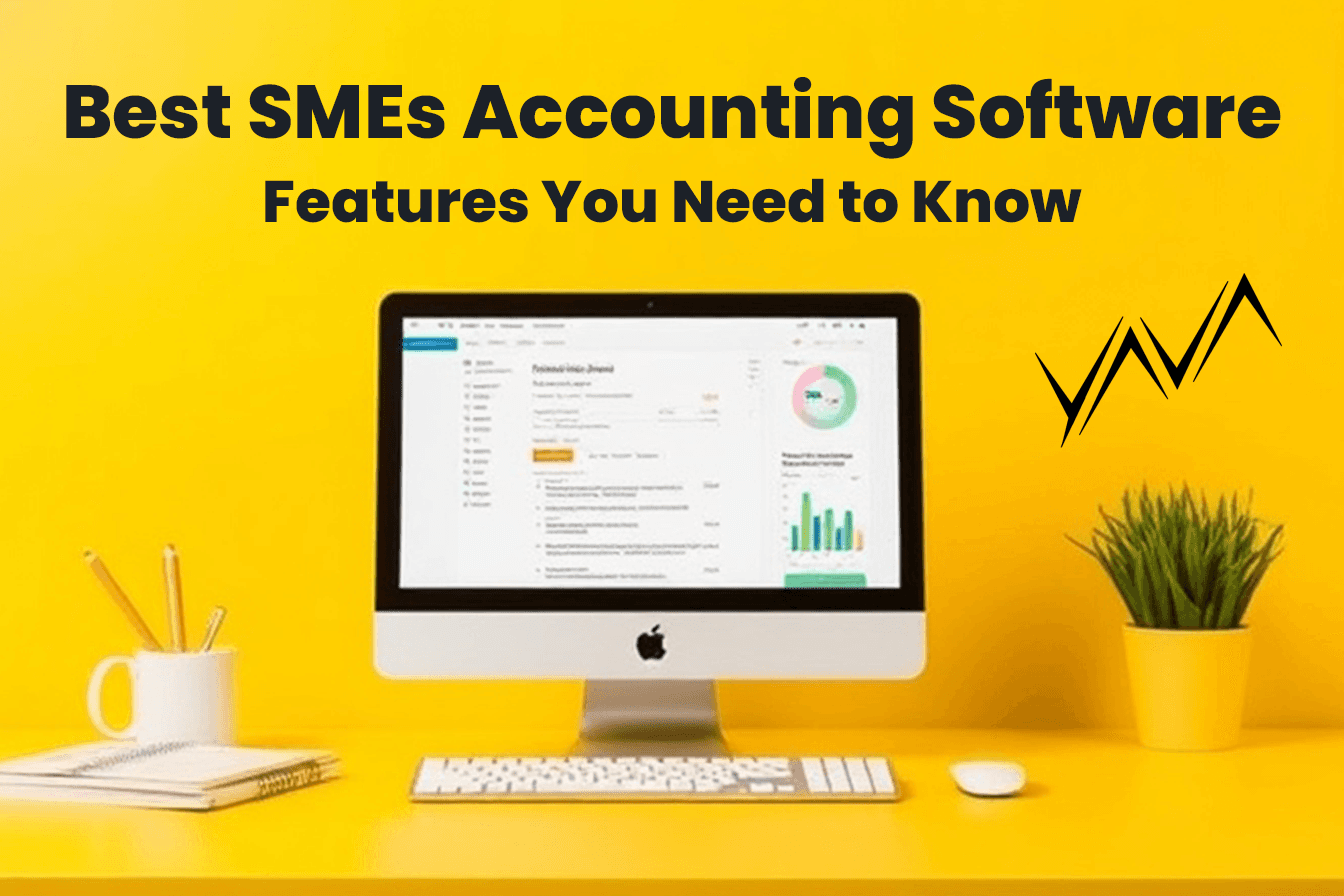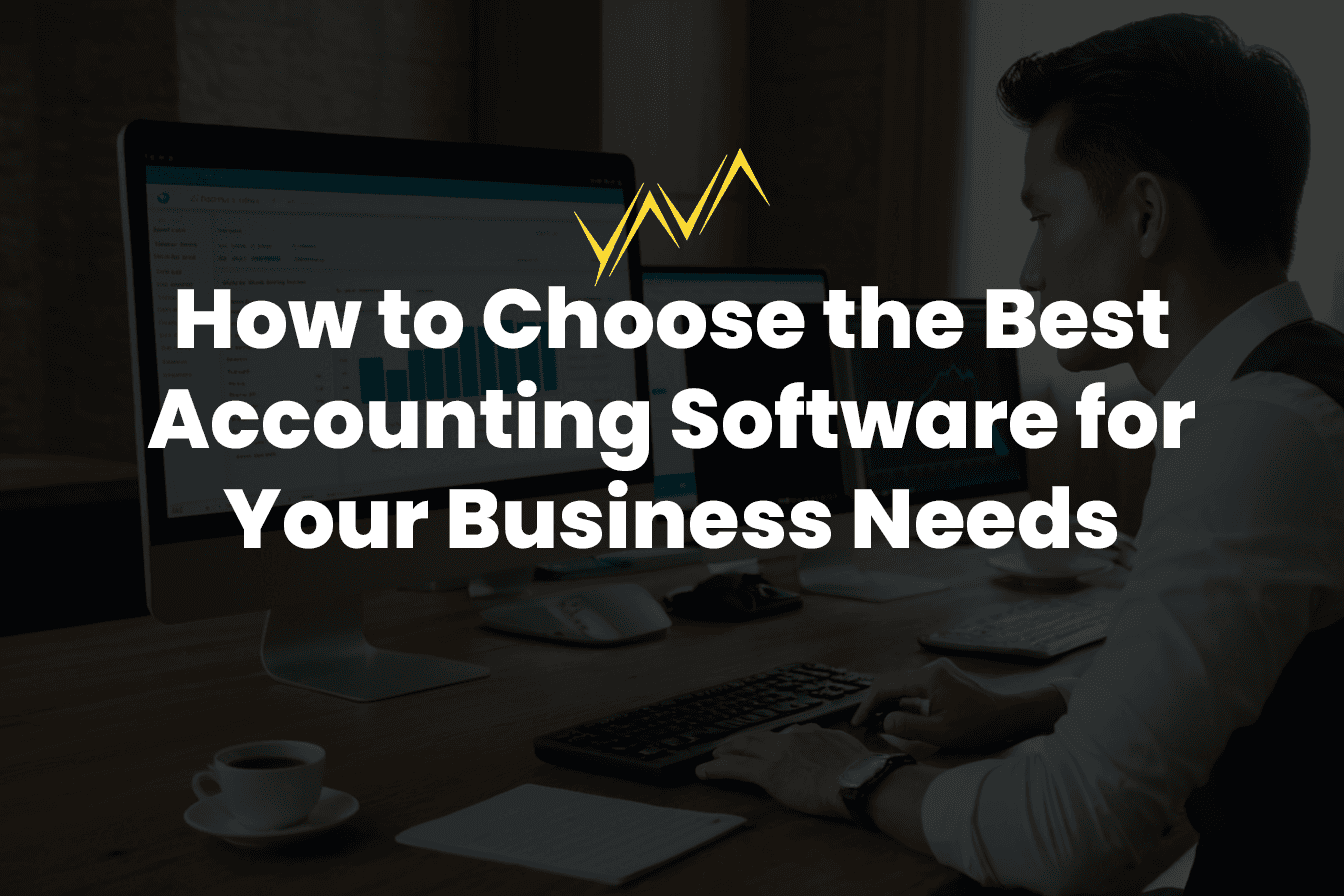Introduction:
Startups require efficient and cost-effective accounting tools to manage their finances. YavaBook offers a perfect solution with its free platform that simplifies bookkeeping, expense tracking, and invoicing. Unlike paid tools, it’s designed with small teams and entrepreneurs in mind, providing just the right balance of features and ease of use. Start your journey with YavaBook and keep your finances in check without breaking the bank.
Why Startups Need Accounting and Bookkeeping Software
Automate Repetitive Tasks
Save time on bookkeeping by automating invoicing, expense tracking, and tax reporting.Gain Financial Clarity
Use real-time insights to monitor cash flow, profit margins, and expenses.Prepare for Growth
Scalable tools adapt to the growing complexity of your business’s financial needs.Ensure Compliance
Built-in tax tools help startups meet regulatory requirements, like GST in Singapore.
For more benefits, check out 5 Reasons Small Businesses Need Free Accounting Software.
Top Features to Look for in Startup Accounting Software
Invoicing and Payment Tracking
Create professional invoices, automate reminders, and monitor payment statuses.Expense Management
Automatically track and categorize expenses to maintain accurate records.Tax Tools
Features like GST-ready invoicing and automated tax calculations simplify compliance.Real-Time Reporting
Access financial reports to guide decision-making and attract investors.Cloud Accessibility
Manage finances on the go with cloud-based solutions.
For a detailed feature list, see Financial, Accounting, and Tax Software: The Complete Guide for 2025.
Best Accounting and Bookkeeping Software for Startups
1. YavaBook
Best For: Startups looking for a free, GST-compliant solution.
Features:
Automated expense tracking.
GST-ready invoicing and reporting.
Real-time dashboards.
Why It Stands Out: 100% free, with an intuitive interface designed for startups.
2. FreshBooks
Best For: Service-based startups.
Features:
Time tracking for billable hours.
Invoicing and expense management.
Pricing: Starts at $15/month.
3. QuickBooks Online
Best For: Startups needing advanced features.
Features:
Comprehensive reporting and payroll integration.
App integrations for scalability.
Pricing: Starts at $20/month.
4. Wave
Best For: Freelancers and solopreneurs.
Features:
Free invoicing and receipt scanning.
Integration with Wave Payments.
Why It Stands Out: Easy to use and completely free for basic needs.
5. Xero
Best For: Startups preparing for growth.
Features:
Multi-currency support.
Inventory management and app integrations.
Pricing: Starts at $25/month.
How to Choose the Best Option
Assess Your Needs
Identify features critical to your startup, such as tax compliance or real-time reporting.Set a Budget
Free platforms like YavaBook are ideal for cost-conscious startups, while paid tools may offer more scalability.Test the Software
Use free trials to ensure the platform meets your needs.Consider Long-Term Growth
Choose software that can scale with your startup as it grows.
For a comparison of free and paid tools, see QuickBooks vs YavaBook: Which Accounting Software Should You Choose?.
Why YavaBook Is the Top Choice for Startups
Cost Savings: Eliminate subscription fees while accessing robust features.
GST Compliance: Perfect for Singaporean startups with built-in tax tools.
Real-Time Insights: Gain a clear picture of your financial health with real-time dashboards.
For more on YavaBook’s benefits, check out The Benefits of Online Accounting Degrees for Entrepreneurs.
Tips for Startups Using Accounting Software
Start Small
Focus on mastering essential tools like invoicing and expense tracking.Leverage Automation
Use recurring invoices and automated categorization to save time.Review Reports Regularly
Monitor cash flow and profit trends to make informed decisions.Engage Support Resources
Use help centers and tutorials to maximize your software’s potential.
For step-by-step guidance, see Step-by-Step Guide to Getting Started with YavaBook’s Free Accounting Software.
Real-Life Example: A Startup Success Story
A Singapore-based e-commerce startup adopted YavaBook to manage their finances. Within six months, they:
Saved $360 annually in subscription fees.
Automated GST-compliant invoicing, reducing errors by 50%.
Gained real-time financial insights, attracting an investor with clear financial reports.
For similar stories, explore How YavaBook Fits into the Interior Design Workflow.
Conclusion
The right accounting and bookkeeping software is essential for startup success. With tools like YavaBook, startups can automate financial tasks, gain insights, and save money, all while ensuring compliance. Whether you’re just starting or scaling operations, YavaBook provides everything you need to manage your finances effectively.
Ready to simplify your finances? Sign up for YavaBook today and take the first step toward smarter financial management.
Article by
Webb Poh
CEO and Founder
Published on
Aug 24, 2024




